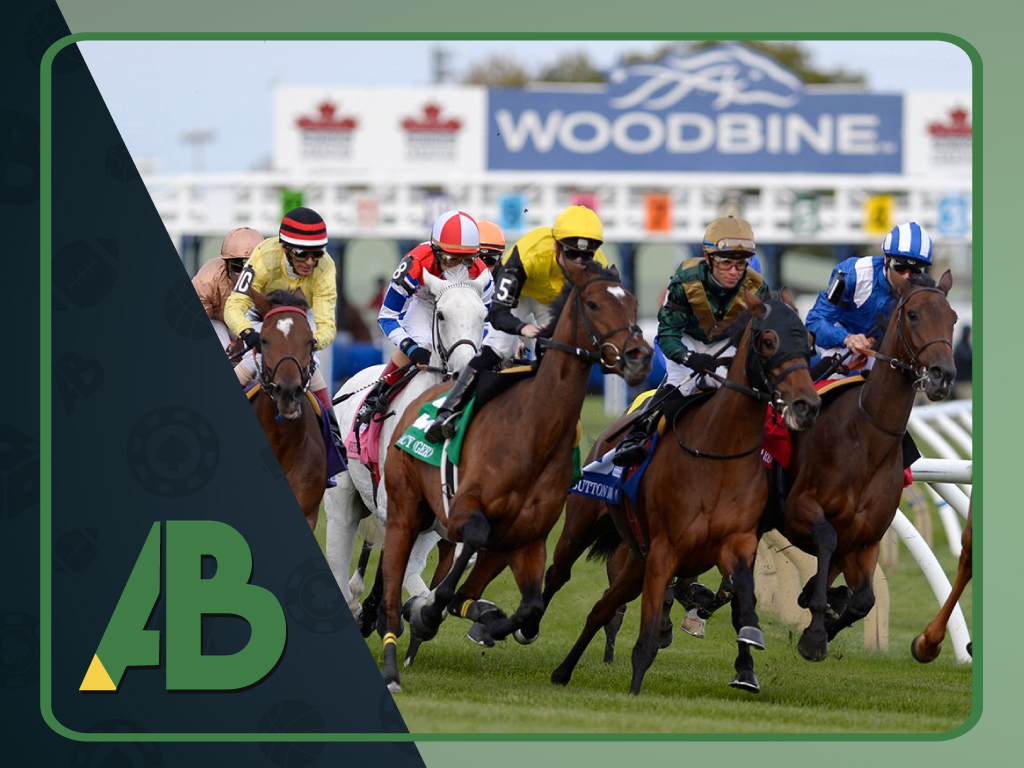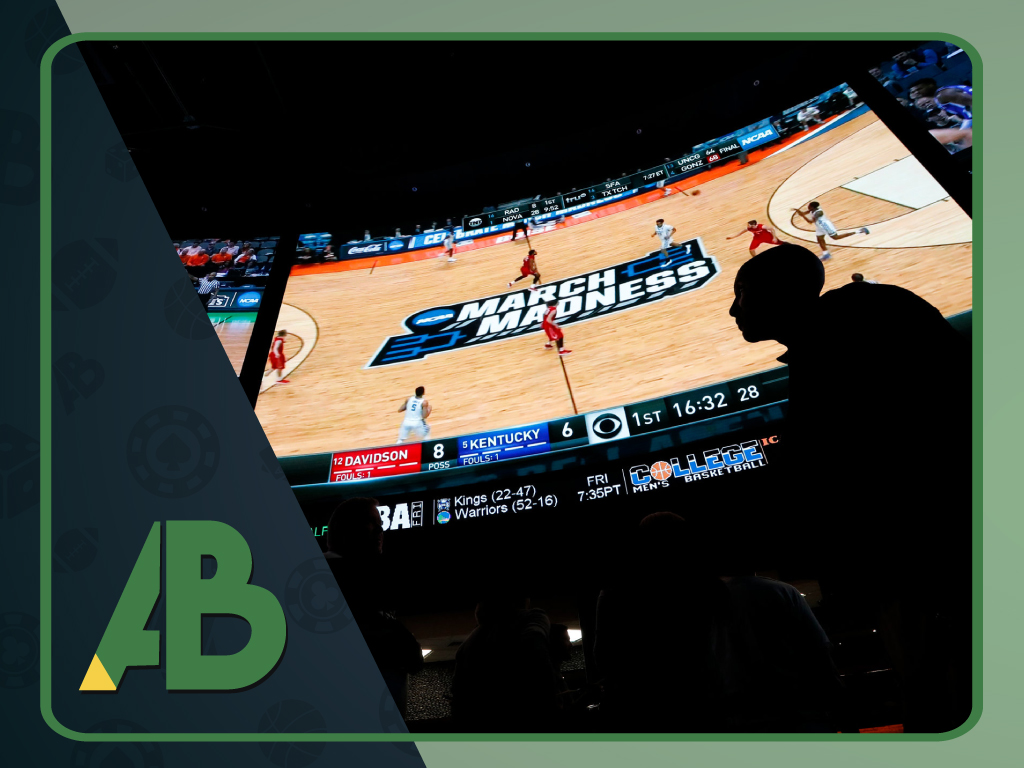A hunch is a universal concept, especially in betting. Most view it as a “gut feeling” that something will – or possibly won’t – happen, and gamblers often use this feeling when it comes time to place a bet. Adam Bjorn, a gambling industry executive and horserace gambling expert, discusses hunches and how this intuition deserves a part in the decision-making process.
Some might view the use of a hunch to place a bet a little too risky. However, there is some legitimacy behind the concept of this intangible ability. Artists frequently use it, and so do billionaires. Apple CEO Tim Cook once said, “There are times in all of our lives when a reliance on gut or intuition just seems more appropriate – when a particular course of action just feels right.”
Even French philosopher Henri Bergson believes in some type of tuition. A large part of his intellectual work was on the topic and, in the early part of the last century, he asserted that human thinking centers on much more than intellect, which is considered to be a purely analytic tool.
This thinking leads to an obsession with figures. There’s no doubt that these figures are useful, but all the charts, speed figures and stride patterns of a horse only offer an arbitrary and partial picture. Says Bjorn, “In business, and even in gambling, intellect serves well to identify small innovations or tweaks that can improve a product, but which often miss the radical ideas that can produce the big winners. “Intellect and intuition are not only absolutely compatible, but they easily complement each other.”
Every decision we make is defined and directed by a range of factors and can often be made without conscious thought. Some studies have shown that brain activity can predict what decision a person will make several seconds before it’s made. Throughout the day, everyone is constantly making decisions instinctively and quickly, without having to process all the intelligence. Even clinical studies have shown that our minds are always working hard, even when we sleep, and are able to set priorities for when we wake up.
Whether you believe in choosing solely through the use of data or by trusting your intuition, science is still learning why we make the choices we do. The key to successful horse racing betting is, of course, logical analysis; however, one shouldn’t disregard intuition. Asserts Bjorn, “Our first thoughts on the outcome of a race can often be the most correct. It is sometimes difficult to stick to that choice as the analytical side of our brain kicks in, but successful gamblers know how to listen to that inner voice.”
The hypothesis of intuition’s success is easy to verify. Make selections on races without the benefit of analysis and put them aside. Then, make selections after assimilating all the data. After the race, compare the two lists to see which has more correct choices.
This doesn’t mean that intuition will create easy money – it doesn’t make sense to rely solely on the hunch, either. “Instinct isn’t always a solid basis for decision making. No successful professional bettor relies solely on the hunches; if they did, they would soon be in bankruptcy,” says Bjorn.
Intuition gives experienced gamblers the ability to quickly reach conclusions about a race that their less knowledgeable counterparts can. To use it, take a step back from the data and start to listen to that inner voice a bit more. Don’t overcomplicate the thought processes, either.
A combination of data analysis and intuition can lead to more successful betting – all winning bettors use intuition to some degree. It’s an integral part of their success, but only in conjunction with solid planning. While a betting strategy built solely around intuition is not likely to prove successful over the long term, there’s a good argument that gamblers can’t win without it, either.







